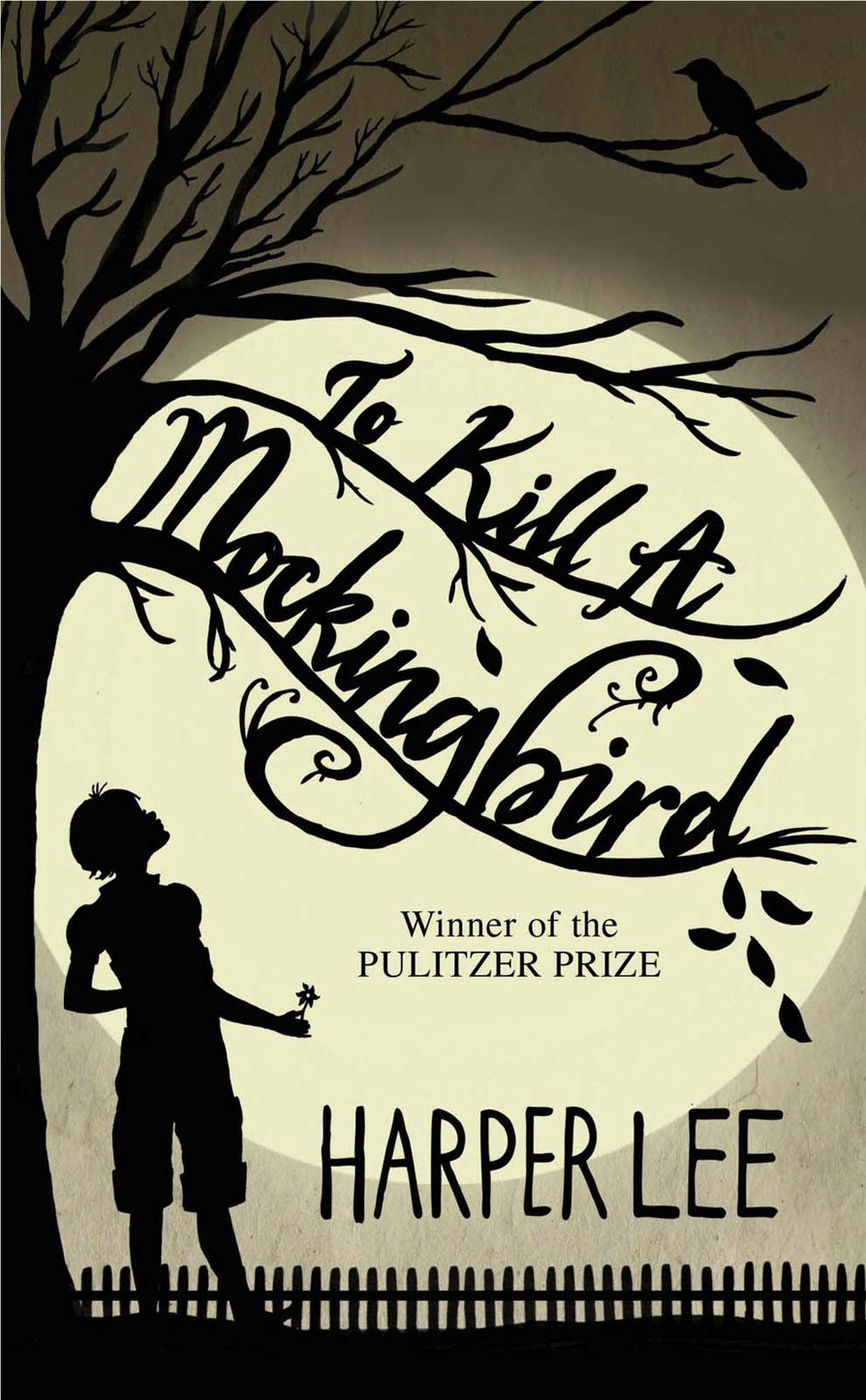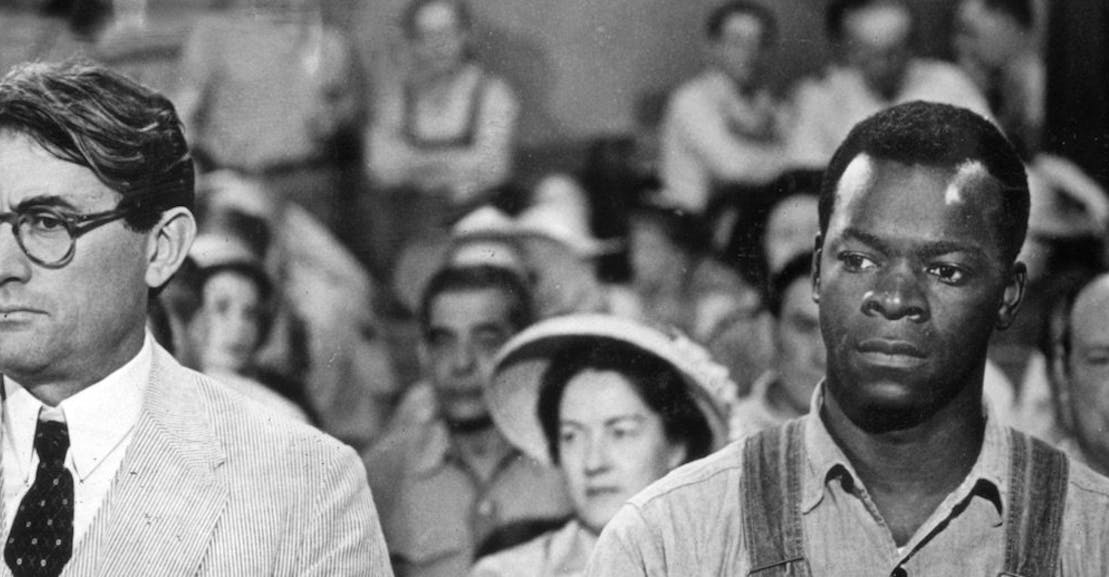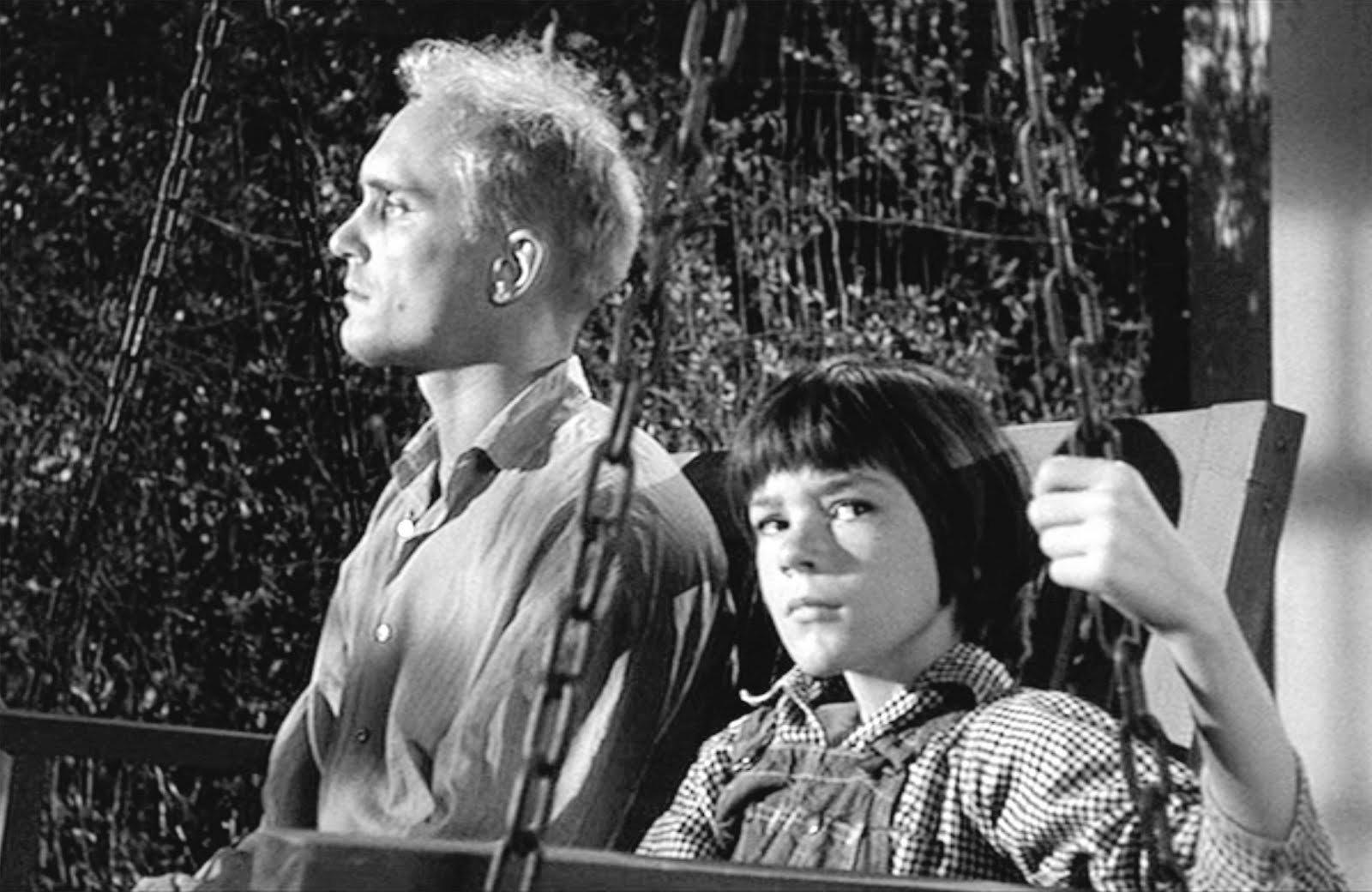This book is about racism, which was a major issue in the United States at the time. This black point, out of all the books I've read, The Maid is the best performance (I highly recommend it), then 12 Years of Slavery, despite the voice being a little difficult to read. That's fine, but it's not until the second half of To Kill a Mockingbird that it becomes clearer. The Tom Robinson trial is the book's high point. I must admit that the other parts of the book I read are not very seamless, and I frequently have to interrupt, but this part I can't put down. Atticus' father first appeared in the story in a minor role, but now he appears as a hero, with sharp arguments, sharp language, and tight reasoning.
To Kill a Mockingbird is considered a children's book, but any adult should read it. A book that exposes the injustices of society, both then and now. That injustice infuriates any reader who lives in such a society. However, the work demonstrates the positive things that adults can teach children. Literature has helped society make great strides toward combating injustice, far more than societies that try to avoid mentioning their disability.
While Scout's studies and playing with his brother and friend Dill dominate the pre-trial section, there are a few details that pique my interest (and did hope). The story will reach a new climax as a result of this detail, but that's not true...). For example, when Jem ran away from Boo Radley's house and got caught in his pants, or when Jem went to destroy Mrs. Dubose's azalea fields and her mother's "revenge" by making him come read stories to her every day. Then came the part I was looking forward to reading the most: the trial. Oh wow, that's fantastic, and one of the novel's two brightest highlights (if it weren't for it, I would have given it two stars). Atticus' character does not appear to be portrayed very prominently in the early parts, with only very subtle teaching words and the ability to shoot marksmanship, but in the trial, he was completely sublimated to become a key character of the entire novel (famous American actor Gregory Peck won an Oscar for his role as Atticus in the film adaptation of this novel).
The character system and the way author Harper Lee builds the character image are the next and final highlights of "To Kill a Mockingbird" for me. Scout is a wild little girl who dislikes being confined and prefers the freedom to do whatever she wants. She is quite strong and is almost afraid of only her Atticus: D. Aunt Alexandra was the polar opposite of Scout - typical of an old aunt, too traditional, fond of manipulating others, and clearly racist. Furthermore, Scout's brother, Jem, is an intriguing character, and together with Dill, all three have created the image of children who are young but know how to fight, even if it's just a struggle. orally, for what they believed; knew what was right and wrong in a world where black people in the American South were still seen as dirty, bad, and disrespectful; advocated for justice and justice, and although that right eventually failed to materialize, when Tom Robinson was convicted by a jury that was too influenced by anti-black ideology black. However, as Miss Maudie Walker stated, the fact that Tom Robinson's case took the jury an hour to decide before reaching a decision represents a small but significant step forward toward an America free of racism, an America that is fairer and more equal for all, regardless of color.
The storytelling was the most problematic aspect of this book for me. Giving the narration to Scout, the lawyer character Atticus's daughter reminded me of another work that used the son's narration to outline the family's story, Chris Bohjalian's novel Mrs. mother ("Midwives"). The only difference is that in "Midwife," the narrator's mother is not a lawyer who defends others who have been falsely accused, but she has been falsely accused and must go through the litigation process as a lawyer. However, in "The Midwife," the decision to place the throne of narration in the hands of little Connie, the daughter of the main character, midwife Sybil, proves to be extremely correct. get the look and life of a teenage girl with typical teenage worries, and reveal that character's thoughts, thoughts, and feelings amid family tragedy, all blend and stick together to form a wonderful and complete whole, but in "To Kill a Mockingbird," letting Scout tell the story from beginning to end makes me feel like the story keeps spinning. wandering aimlessly and getting nowhere.
More than half of the book is devoted to children's daily activities such as making friends and playing (of course, along with these activities are subtle lessons from the father, which are inserted quite subtly, one of the rare highlights in this book that I feel and love). I knew this book was about racism before I read it, about a white lawyer who had to rise above everyone's objections and gossip to defend a young black man. A black man was found guilty of raping a white woman. And, perhaps because of the ratings and everyone's comments, compliments, and acclaim, I expected to read something more dramatic, deeper, more intense, more intense. rather than just reading about children's play, learning, activities, and feelings, about racism, the investigation and trial of Tom Robinson The racism in this book isn't as egregious or as intense as I'd hoped - it's just the phrase "niggers" repeated over and over. Even the scenes that require clearer, more intense, and intense expression, such as when the whites gather and make it difficult for Atticus to defend and defend the defendant Tom Robinson, are unfortunate. Instead, Scout's narration obscures it and makes it difficult to understand. Perhaps because the throne is held by a child who is only about 10 years old and does not understand life or the evil things that people can do to each other for selfish and extreme purposes that the author cannot comprehend. Shows exactly what happened during the so-called racism in America at the time.
When I started reading the first page, I assumed it would be a difficult book, as most classics are. But it isn't. Even though the problem in the book is huge and the atmosphere in the story should be tense, I feel like I'm watching a family movie. But Harper Lee appears to have reduced it all to Scout's carefree thoughts. However, this family drama contains drama, twists, and turns, and is resolved in a gentle manner that leaves readers with many questions. This is a book that I would read again and again in my spare time.




